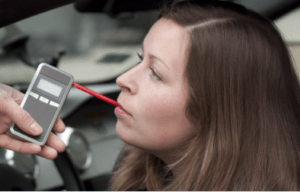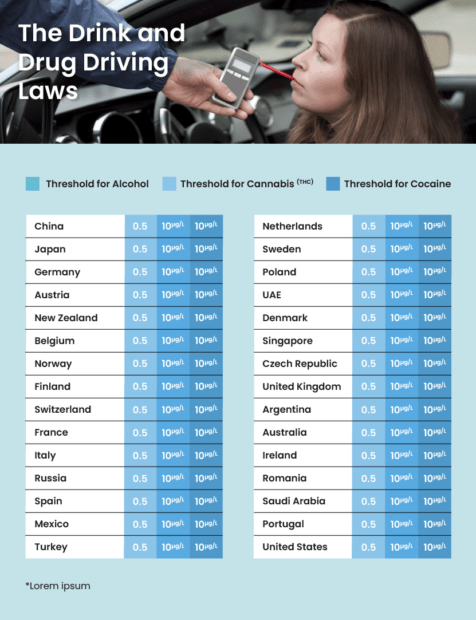News
Drink driving in Denmark is costly, but prison time is unlikely – global survey
This article is more than 4 years old.
Confused.com report sheds light on how some countries are far more tolerant of intoxicated motorists than others

Be responsible this Christmas! (images: confused.com)
Christmas season is upon up – a time associated with a huge surge in the consumption of decorations, markets, biscuits and alcohol.
With the latter comes a rapid rise in drink driving, as thousands drive home sozzled from their julefrokost festive lunch, often with no memory of how they got home the next morning.
12th toughest in world
Drink driving is not a laughing matter, however, as it is directly responsible for a large proportion of road accident fatalities. And fortunately in Denmark, we have some of the toughest penalties in the world.
According to a ranking compiled by Confused.com, Denmark has the 12th strictest legislation, ranking behind a top ten of the UK, South Korea, Singapore, Belgium, Qatar, Luxembourg, Japan, South Africa, Italy and Norway.
Higher fines than average
The study assessed 47 countries, taking into account the annual death rate caused by drink-driving, the alcohol limits, and the maximum potential fine, suspension and prison sentence an offender can expect to be given.
In Denmark, the average fine is 43,487 kroner (5,031 UK pounds) compared to a survey average of 3,155.
As a percentage of your monthly salary
The survey also assessed the fine according to its percentage of the average monthly salary, and it was here that European countries came up short.
At opposite ends of the spectrum, the fines in China are 0.07 percent of the average monthly salary, and in Uzbekistan 2,400 percent.
While the survey average was 100 percent, in Europe it was considerably lower, with Denmark pretty average at around 20 percent.
Poor for prison sentences
Denmark ranked poorly for the likelihood of a drink driving offender going to prison – equal worst among the European countries surveyed.
However, it was the fourth best in Europe in terms of getting the driver banned.
Nonchalance in the Netherlands?
Overall, the most lenient country in Europe was the Netherlands, where the average fine only amounts to 231 pounds.
Nevertheless, its drink driving-related fatality rates are well below average.











































